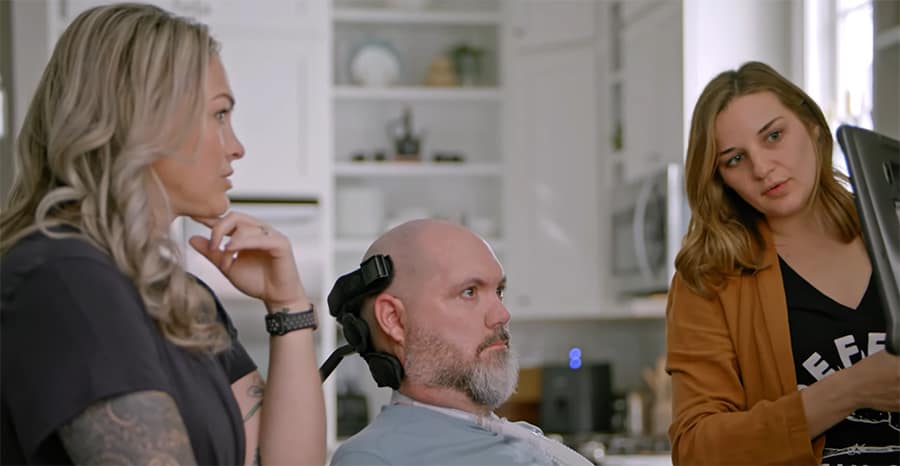Microsoft announces launch of personalised natural-sounding voice tech for those with speech disabilities

On 7 March 2024, Microsoft kicked off its 14th Ability Summit, a free virtual annual event that brings together thought leaders to discuss the future of accessibility.
The 2024 Ability Summit explored how to build accessibly and inclusively by leaning on the insights of disabled talent; best practices for architecting accessible buildings, events, content, and products; and the issues and opportunities AI presents for creators, developers, and engineers.
Importantly, Microsoft announced the launch of several new assistive and accessible technologies that will help disabled people live more independently, with a particular focus on leveraging the power of AI.
In late March 2024, Microsoft is enabling new accessibility skills in Windows. Disabled individuals can ask Copilot for Windows to launch Live Captions, Narrator, and other accessibility features. Copilot is Microsoft’s AI assistant that is designed to enhance efficiency and creativity.
Microsoft added that M365, its cloud-powered productivity platform, is empowering creators to build accessibility content. This includes Accessibility Assistant, which is a set of tools to help creators produce accessible content. It is available now in Insider preview for Word and is coming soon to Outlook and PowerPoint.
Ales Holecek also shared some examples and early research on neurodiversity and M365 Copilot, which reduces time to create content and shortens the gap between thoughts and action.
In addition, Microsoft unveiled that Seeing AI, a free app that narrates the world for blind and visually impaired people, is now available in an additional 14 languages (total 33). The firm will be rolling out the latest generative AI models, including richer descriptions of images and chat capability for photos and documents.
Azure AI Audio Description solution accelerator is a new upcoming solution accelerator that uses Azure GPT-4 Turbo with Vision to describe videos for visually impaired individuals. The solution accelerator is now open for sign-ups.
Microsoft previewed some of its ongoing work to use Custom Neural Voice to empower people with ALS and other speech disabilities to have their voice. This voice banking technology is designed to capture the intonations, tone, and emotion of human voices to make computerised voices sound more personalised and help individuals express their personality and identity.
Microsoft has been working with the community, including Team Gleason, for a while and says it is committed to making sure this technology is used for good. The launch is set for later this year.
Learn more about Custom Neural Voice in the video below:
The 2023 Microsoft Ability Summit explored how generative AI has the power to make the world more accessible, designing products for cognition inclusion, the latest on inclusive technology for an accessible workplace, and how best to measure disability inclusion in a company or organisation.

